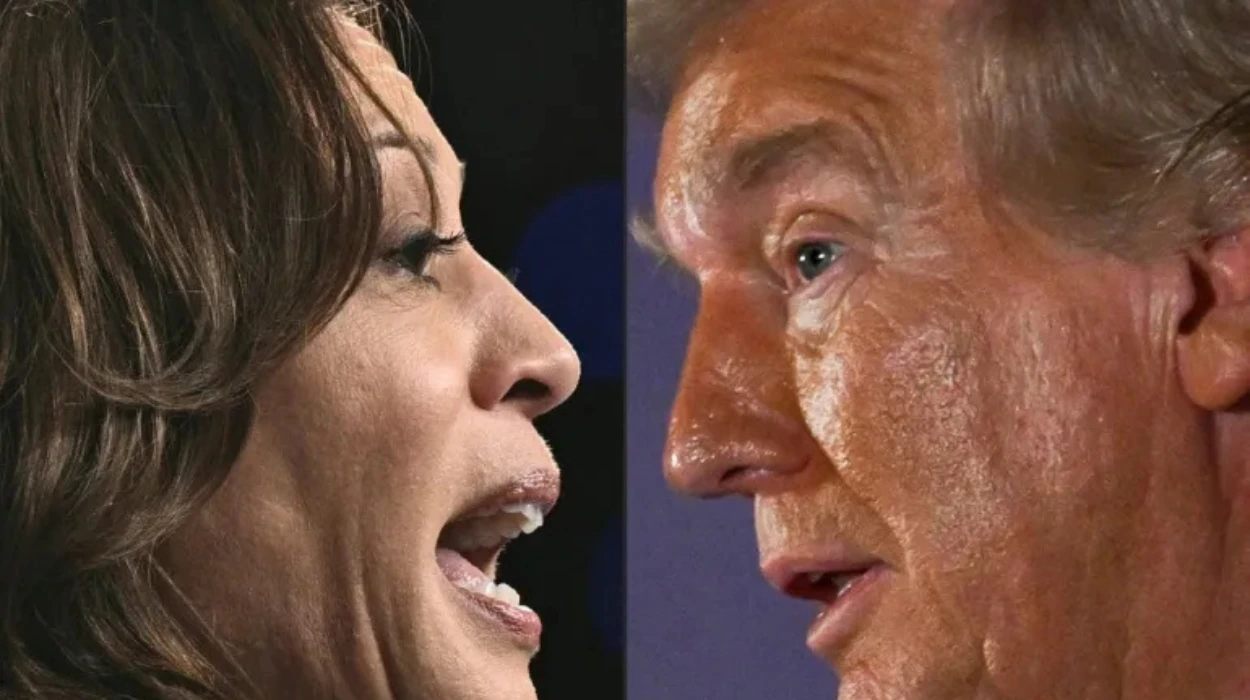US (Transatlantic Today) – With the U.S. presidential election just weeks away, the political landscape remains polarized, raising concerns over its impact on global affairs. The race between Vice President Kamala Harris and former President Donald Trump has underscored the dominance of white-wing politics in the U.S., with both candidates advocating positions that could have far-reaching consequences for international relations.
US Foreign Policy and Global Implications
Both Harris and Trump have taken firm stances on key global issues, including the ongoing conflicts in Gaza and Ukraine. While the Biden administration has warned of potential arms restrictions on Israel, Harris has reaffirmed continued military support. Similarly, Trump and his party remain staunch backers of Israel’s military actions, aligning with far-right Christianist ideologies that see Israel’s existence as fulfilling apocalyptic prophecies.
Further, both candidates have dismissed international rulings on Israel’s occupation of Palestinian territories, rejecting decisions by the International Court of Justice and ignoring human rights organizations’ findings on apartheid policies. This disregard for global governance raises concerns about the future of U.S. diplomacy.
Immigration Crackdowns and Domestic Policy Shifts
Despite America’s long-standing reputation as a “nation of immigrants,” both Harris and Trump have pledged stricter immigration policies. The U.S. continues to struggle with a humanitarian crisis at its southern border, and proposed crackdowns on undocumented migrants signal a shift toward more restrictive policies. While Harris supports targeted reforms, Trump has vowed mass deportations, fueling fears of intensified xenophobia.
Climate and Environmental Policies
On climate change, the candidates have taken divergent but ultimately troubling positions. While the Democratic platform nominally supports climate action, the administration has approved controversial drilling projects. Meanwhile, Trump and his allies remain committed to expanding fracking and rolling back environmental regulations. With the U.S. being one of the world’s top polluters, these policies could have devastating consequences for global climate efforts.
The Future of U.S. Leadership
As the November 5 election approaches, the dominance of white-wing politics in the U.S. is shaping not only national policy but also its role on the global stage. Whether under Harris or Trump, the U.S. appears poised to continue policies that prioritize militarization, nationalism, and economic self-interest over international cooperation.
For the rest of the world, this election could mark a turning point in how the U.S. engages with allies and adversaries alike. Whoever wins, the trajectory of American leadership remains uncertain, with consequences that will be felt far beyond its borders.


























